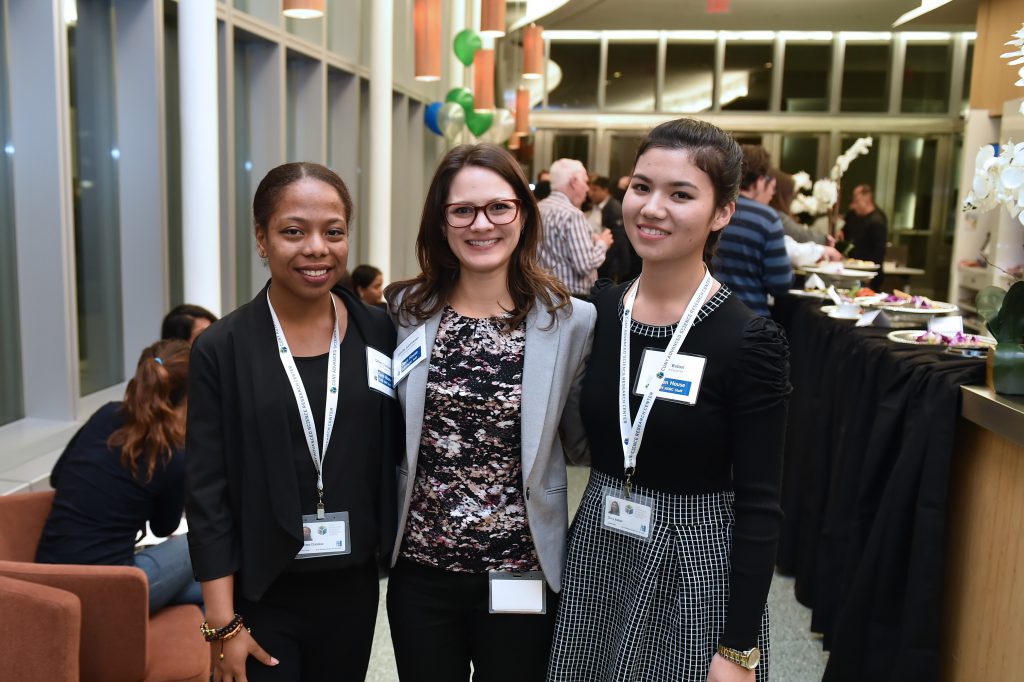Continuing our series of Tools Trials sessions focused on open-source tools that can be used for different aspects of convening and collaborating, in the next session on tools to support conferences and events, we’re going to take a look at some of the ways community managers can use GitHub and HedgeDoc.
In this interactive session, we’ll hear how The Carpentries uses GitHub to solicit proposals to CarpentryCon and HedgeDoc to facilitate collaborative note taking. This Tools Trial, part of an ongoing series funded by the Chan Zuckerberg Initiative, builds off of the first session in this series on ways that Github repositories can be used to facilitate community collaborations.
Tools Trial Info:
- Date: Wednesday, 13 September 2023
- Time: 11AM US EDT / 3pm UTC
- Speakers: Maneesha Sane and Toby Hodges (The Carpentries)
- Add to calendar
- Zoom link to join
